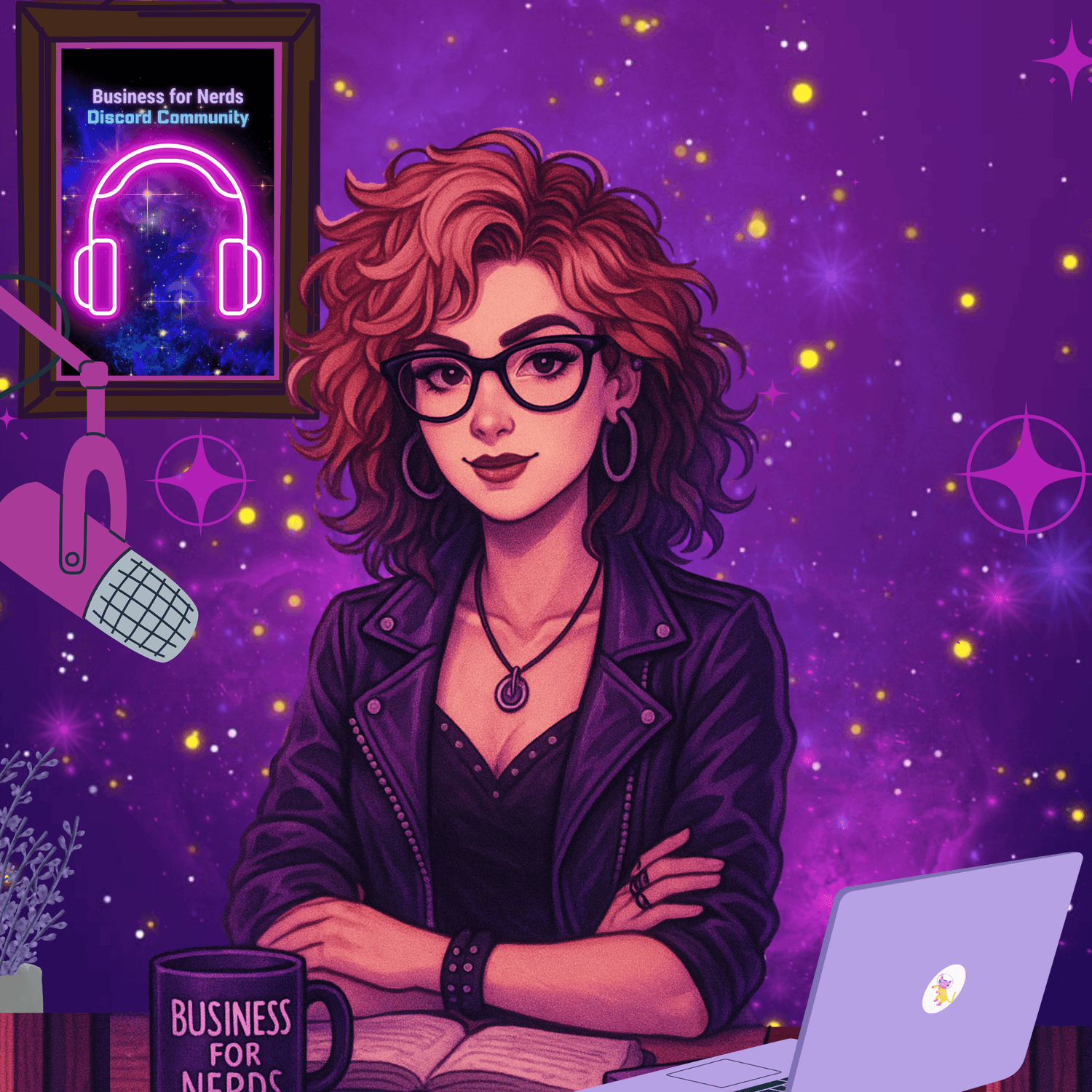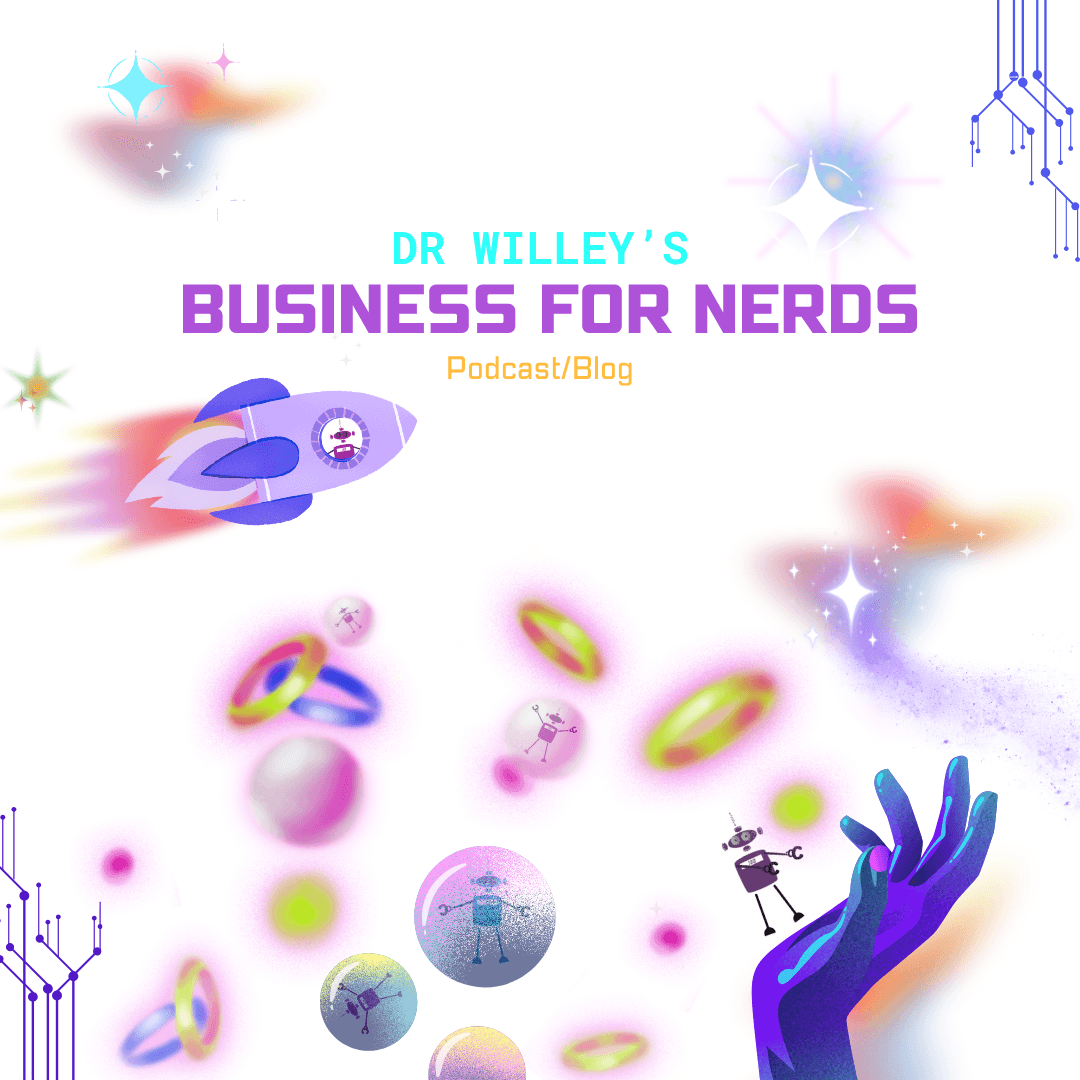💜The Empathic Fixer: Cheryl’s Case Study
🟣 The Empathic Fixer: Cheryl’s Case Study
Case Study #1
Summary
Cheryl gave everything to her clients—but woke up wondering if any of it mattered. Her dreams were filled with client stories. Even after training in ART, she still struggled. Her healing began when she reframed her role spiritually and accepted ADHD as part of her design.
Key Quotes
“This isn’t supposed to be mine. It never is. They shared it with me, and I honor that. But I give it over to God.”
And "Don't tell me to just do more self-care."
From Emotional Overload to Gentle Reclamation
Cheryl is a deeply compassionate trauma therapist in her early 30s. She works in a group practice and sees around 22 clients a week—many of them survivors. She’s also a mom of two young children, active in her faith community, and known for her ability to "hold space" like no one else.
But behind her calm presence, Cheryl was unraveling.
🌪️ Her Unique Attributes
Cheryl has a natural ability to empathize. Her clients often say, “I’ve never felt this safe before.” She’s intuitive, quick to notice emotional shifts, and creative in how she uses somatic and visual processing techniques—especially since learning Accelerated Resolution Therapy (ART).
She was diagnosed with mild ADHD traits: racing thoughts, strong emotions, bursts of insight followed by shutdown.
She’s the one her coworkers ask for help. She’s the one her church calls when someone’s in crisis. And she almost never says no.
💔Where she got stuck
Over time, Cheryl began noticing signs she was no longer okay:
She often felt foggy and guilty on her days off, as though she hadn’t done enough.
Even after sleep, her energy was drained and her body heavy.
In sessions, she sometimes zoned out or felt disconnected, even wondering if she should refer clients out because she couldn’t feel enough empathy.
Her ADHD made organizing and carrying so much information overwhelming, feeding her internal pressure to “fix.”
Finances weighed on her. Insurance struggles and discomfort taking payment left her disheartened.
But the worst part? She questioned whether she was still helping anyone. She had poured everything into her work.
When it still didn’t feel like “enough,” her self-doubt kicked in: What’s wrong with me?
She masked her struggles with busyness and prayer. But her private prayers turned into pleas: God, am I failing them? Am I failing You?
🛡️ Her Turning Point
Cheryl reached her threshold after a stretch of back-to-back client crises. She was exhausted, foggy, and doubting whether she could still offer care. For the first time, she wondered if maybe she wasn’t meant to do this work anymore.
But instead of quitting, she paused. Through reflection and supervision, she realized she was showing clear signs of compassion fatigue—not proof she was failing, but a reminder she was human.
She also began to see her ADHD differently. Where it once felt like a liability—disorganization, racing thoughts, forgetting details—it also gave her warmth, spontaneity, and deep verbal connection with clients.
Her self-awareness became a strength: she could notice her limits, honor her wiring, and stop trying to “fix” everything.
Her mentor reminded her: carrying pain is not the same as healing pain. That reframe hit hard.
“This isn’t supposed to be mine. It never is. They shared it with me, and I honor that. But I give it over to God.”
That moment marked a shift. She no longer had to carry what wasn’t hers.
🌿 Strategies That Helped Cheryl Reset
Emotional Boundary Rituals
Cheryl created a post-session ritual: a short prayer, a breath, and a mental practice of “handing the story back.” She no longer left sessions emotionally entangled. She learned to separate being with from being responsible for.Financial Boundaries
Like many heart-centered helpers, Cheryl carried guilt around money. She believed compassion meant absorbing the cost herself. Her healing included learning that fair exchange was part of ethical care — a way to stay generous and grounded.
Journaling Her Role
She wrote down her job descriptions—not the one on paper, but the one she unconsciously held: Fixer. Savior. Constant Container. Then she rewrote it: Witness. Guide. Steward—not the source. This also helped her untangle her sense of worth from productivity and money struggles, reminding herself that her value wasn’t defined by insurance payments or endless output.ADHD-Aware Systems
Cheryl simplified her workflow using visual boards and playful structure. Instead of leaving sessions in mental overload, she closed tabs (literally and emotionally) at the end of each day. She leaned into her strengths—warmth, verbal connection—and gave herself structure to balance the overwhelm of organizing details and finances.Permission to Reset
She gave herself full permission to have days where she wasn’t the wise one, the deep one, the “container.” Sometimes she just needed to be. And that was okay.Faith-Based Releasing
Her prayer life shifted: less about asking for strength to carry others, and more about letting God carry her. She began to trust that release wasn’t neglect—it was surrender.
✨ Who Cheryl Is Now?
Cheryl didn’t quit providing therapy. But she quit carrying it alone.
She still has hard days, but she pauses without guilt. She schedules recovery space and leans on systems that honor her ADHD strengths.
She no longer ties her worth to productivity or insurance checks.
She lets God hold what she can’t. She’s not perfect—but she’s present.
And that, she says, is more than enough.
Feeling the weight of compassion fatigue?
If Cheryl’s story hit home, you might be an Empathic Fixer too — someone who gives deeply but carries more than you need to.
🌿 You don’t have to do it all alone.
📚 [Read more case studies]
💡 Or get a gentle nudge toward clarity, support, and sustainable practices in the Compassion Reset Quest for Therapists.
🧭 I’m also building a quiz to help you identify which archetype you may align with.
*(I personally respond with reflections + next steps.)

Hey! I'm Dr. Willey
Hi, I’m Dr. Brie-Anna Willey—a therapist, coach, creative, and business nerd passionate about helping therapists, helpers, coaches, creatives, and fellow business nerds build businesses they love. With a doctorate in Community Care and Counseling from Liberty University and a wealth of experience as a licensed mental health counselor and certified professional coach, I specialize in guiding private practice owners through the unique stressors they face while helping them diversify their income streams.
JOIN MY MAILING LIST

Business for Nerds-Case Studies.
Coaching and educational content only; not mental health treatment.
Newsletter
Subscribe now to get daily updates.



